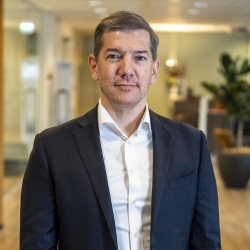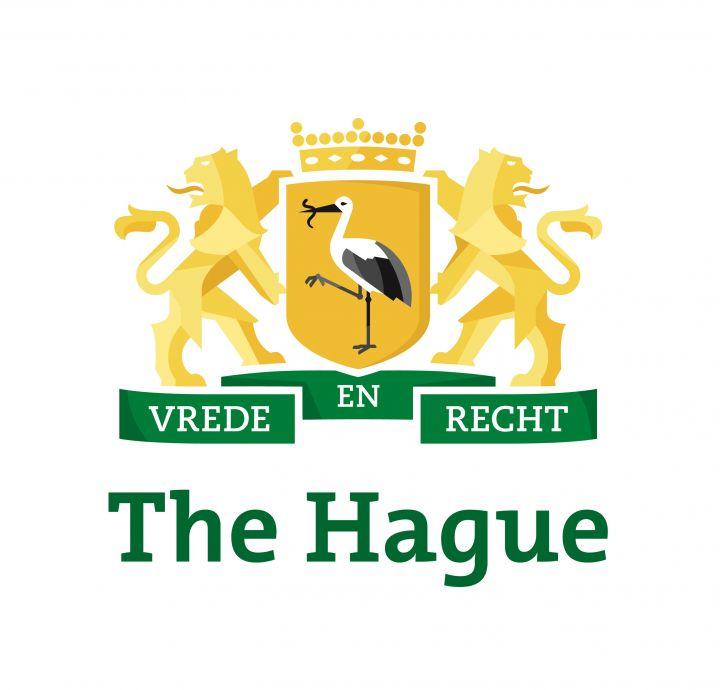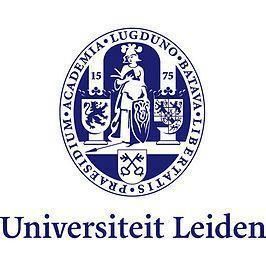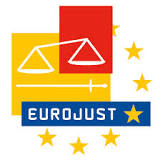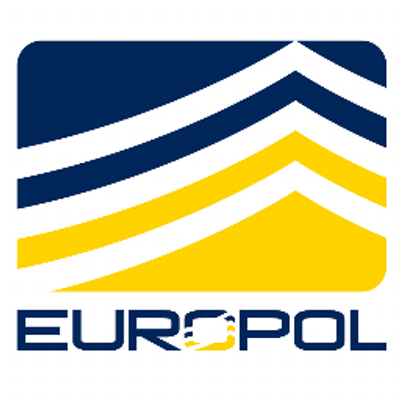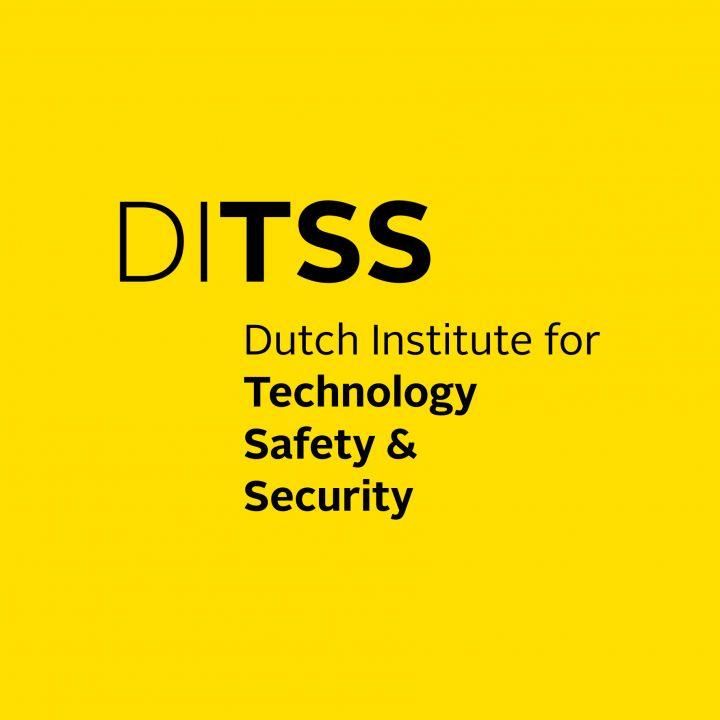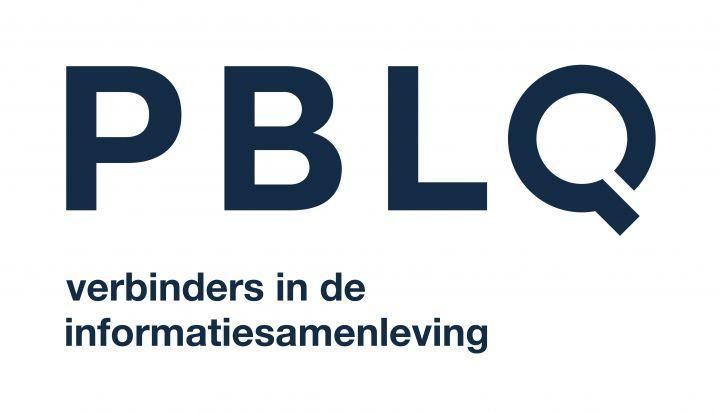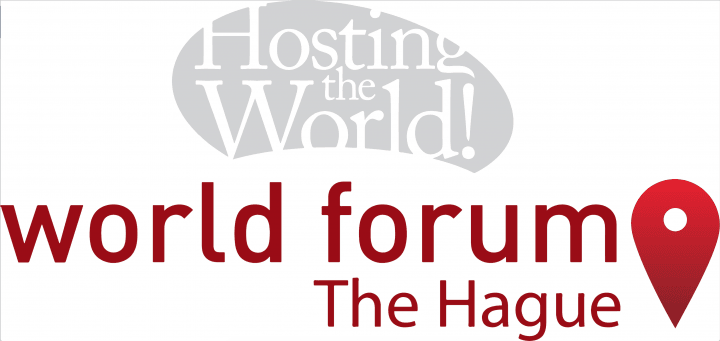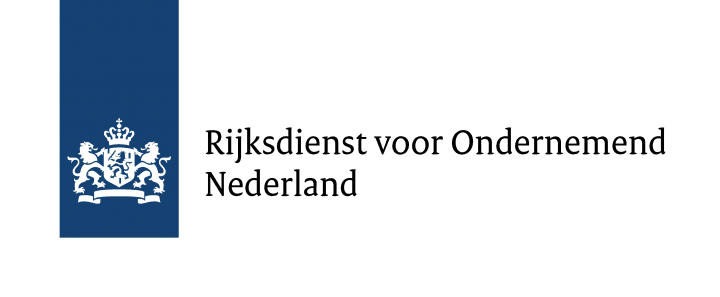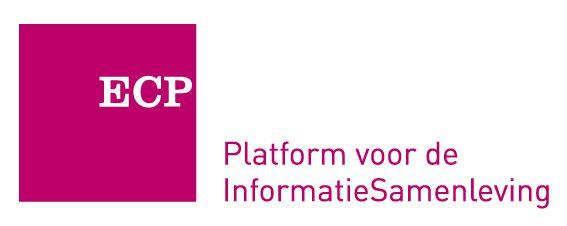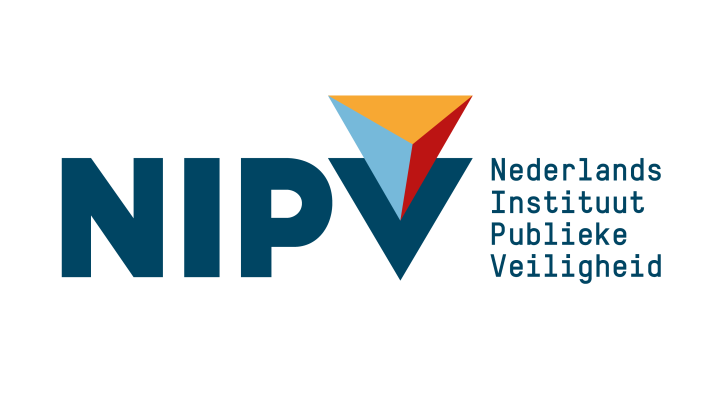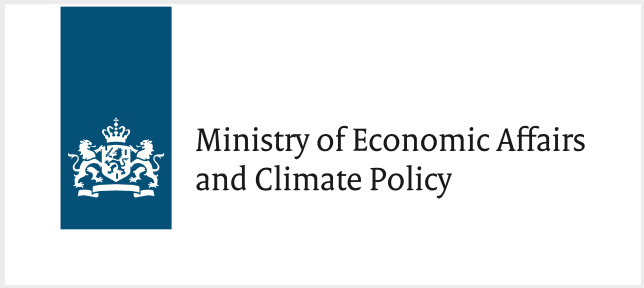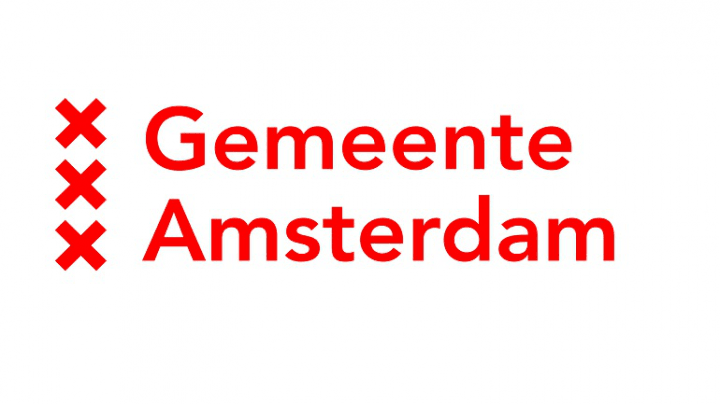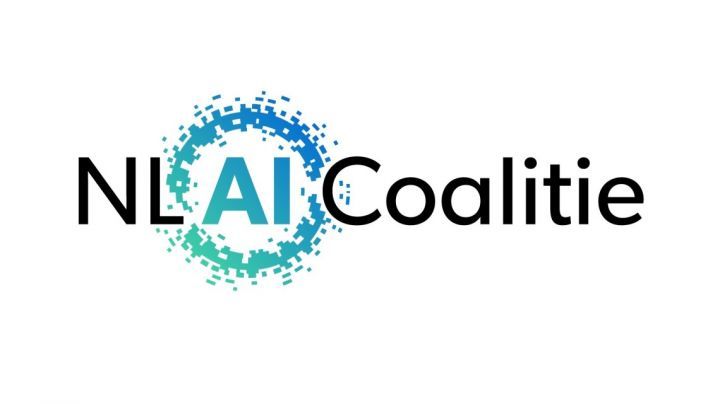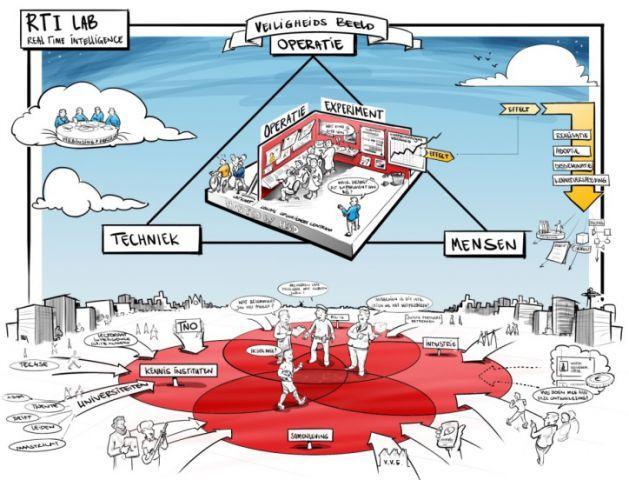Smart Secure Resilient Cities
Cities serve a variety of purposes for citizens such as recreation, work, or for protection. For a city to reach its full potential, it must use all of its resources in an intelligent and coordinated manner. Smart Secure Resilient Cities do this by using innovative methods and techniques. Although technology is a central component of Smart Cities, it is more an enabler rather than the ultimate goal. Cities become truly ‘smart’ when they combine infrastructure, data and services across city domains such as mobility, economy, and urban security. This asks for an integrative approach realised by collaboration between businesses, knowledge institutions, public organisations and the general public.
Three Aspects of Security within Smart Cities
At the intersection of security and smart city, the application of Smart City innovations for urban security, and the security of technology, diverge. Smart City innovations such as predictive policing, gunshot detection, disaster early-warning systems, and crowd management tools have a proven, positive effect on urban security. Smart City innovations are regularly first tested in controlled environments, called ‘living labs’, before they are rolled out or replicated in other parts in the city. Scaling innovations to implementation is however not an easy task.
In order to function, Smart City innovations are built on (digital) infrastructure consisting of (IoT) devices, sensors, networks and ICT systems, all generating large amounts of data. But this type of infrastructure is vulnerable and prone to (cyber) threats such as flooding, power outage or hacking into the infrastructure. The resulting risk is that the data becomes affected, leading to concerns about the integrity, confidentiality and accessibility of the data.
The third aspect of security within smart cities is that of public value and the governance thereof. Privacy, ethics and trust are fundamental aspects of responsible, societal and durable development of smart cities.
Resilience
In addition, it is also important to build and develop cities which are, besides (cyber)secure, also resilient and possess the capacity for absorbing stresses and shocks such as terrorist threats, immediate failures of critical infrastructure, subversive crime (the intertwining of crime with legitimate society) or high levels of crime. These stresses and shocks can disrupt the social and political fabric of a city.
Cities face, more often than not, a combination of challenges across city domains. Smart Secure Resilient Cities implements policies and projects to address more than one challenge leading to lower costs, better public services, a higher level of urban security and an overall improved resilience.
Role HSD Office
As independent organisation, HSD Office stimulates and facilitates initiatives contributing to smart secure resilient cities. A selection of activities and results of HSD Office in collaboration with partners across our network:
Activities
|
|
Description |
Year |
|---|---|---|
|
Integral Area Security
|
In the International Zone of The Hague, a programme was initiated to improve the security of the area by following an integrated and holistic approach to security measures. This area is also used for conducting experiments with innovative technology.
|
2014 |
|
City Deal Stedelijke Veiligheid
|
This City Deal aims to realise more public-private cooperation to help solve complex urban security issues. Part of the goals of this City Deal is the establishment of several living labs throughout the Netherlands.
|
2016 |
|
International visibility
|
During the finish week of the Volvo Ocean Race in The Hague, an event safety & security track was organised as part of the Smart City Event 2018 and the iBestuur Mobility Congres. Several presentations, pitches and demonstrations were given by HSD-partners and others. A Turkish delegation visited the HSD Campus to discuss smart cities in September. As part of the Dutch Smart City mission, several HSD partners visited the Smart City Expo World Congress. During tracks on Safety & Security and Resilience, smart solutions were showcased by the partners.
|
2018 |
|
Smart Society Declaration
|
This declaration was co-signed by HSD Office and it aims to accelerate innovation, develop standards and scale up smart city initiatives in NL. |
2019 |
|
Report & HSD Cafe
|
During the HSD Café ‘Smart Secure Cities’ HSD Office released the signalling report Smart Cities en Stedelijke Veiligheid. This report addresses the application of smart city innovations on current and future urban security problems and identifies several pre-conditions for a successful approach to developing smart cities.
|
2019 |
|
Impact Coalition Safety & Security |
The ICSS (structural members HSD Office, VNG, cities of Amsterdam, The Hague, Eindhoven, Almere, Apeldoorn, Police, DITSS) are running a 8-year programme concerning Smart City for safety and security. The letter of intent was signed in 2020. A growing number of projects with different public and private partners are part of the portfolio. HSD Office is member of the core team and placeholder for the programme bureau.
Visit also the website veiligesmartcities.nl for more information!
|
2020 |
| Who to include for success |
To increase the number of initiatives that transition from innovation to implementation, research was conducted on whether the constellation of actors can contribute to the successful implementation of Smart City initiatives in the security domain. The research proposes 6 recommendations to help Smart City initiatives make the transition successfully.
|
2021 |
| Outline Research Agenda Smart Secure Cities | HSD Office supported the development of the research agenda for Smart Secure Cities of the ICSS. It combines questions from municipalities, police, researchers and companies regarding many aspects of smart city development for security. It will guide and combine the efforts of cities and research institutes to address pressing issues that hinder success of smart secure cities. | 2021 |
Results by HSD partners
|
Smart, Safe and Resilient Mainports |
In 2015, the programme Smart, Safe and Resilient Mainports was initiated in the region of Zuid-Holland. The programme produced a realisation lab which offers a physical space for conducting experiments with sensor platforms and big data linkages to make mainports safer, clearer and more efficient.
|
2015 |
|
Project Event Security |
Assisted by partners from HSD, Future Events tested their platform ‘EventCloud’ during the festivals the Life I Live and the Leidens Ontzet. This platform’s goal is to lower security costs and increase security at events by using open and close event data and security features.
|
2015 |
|
‘Smart City- a Step Towards Smart Governance’ |
This book indicates smart security as a pre-condition for smart cities, noting that Smart City security is not limited to cyber security but also entails the smart organisation of (urban) security.
|
2016 |
|
NL Smart City Strategy |
HSD Office contributed to the NL Smart City Strategy. It highlights the importance of cooperation between the businesses, governments, universities and research institutes within the smart city, and encourages smart city-decision makers to aim for scaling of smart city initiatives.
|
2017 |
| Shared Security Information Platform |
The project 'Integral Area Protection International Zone' moved from HSD Office to the City of The Hague and became part of their smart city programme. Together with the police, 4 international organisations and Thales the SSIP was developed. An experiment was conducted with area-specific webmonitoring by Public Sonar.
|
2018 |
| Smart City Solutions against COVID |
In collaboration with FME, VNG, CityDeal-Smart City, DigiBuit, NEN, RVO, Tech Tegen Corona and HSD Office, an inventory for cities was made among technology companies and research institutes who have solutions for adherence to social distancing (1.5 meter samenleving).
|
2020 |
| Cybersecurity of Smart Cities |
Research by HSD Office identified several cybersecurity risks for smart cities. Together with the CISO's of the 5 biggest Dutch cities (G5) several knowledge gaps were identified. A consortium was formed by universities for applied science, municipalities and businesses that acquired a subsidy by SIA for research on risk management and digital security in smart cities.
|
2020 |
| Horizon 2020 Project To Increase Disaster Resilience |
Starting in September 2021, PublicSonar will participate in the EU-funded RiskPACC project that aims to increase resilience towards disasters. The project will run for 3 years and has a budget of almost €5.5 million. Case studies include wildfires, floods, earthquakes., CBRN, terrorism, health pandemics, and multi-hazard events.
|
2021 |
| AI for Multi-Agency Public Safety issues |
The NWO-call for ELSA-labs was granted to a consortium led by the Erasmus Universiteit Rotterdam. In the coming 5 years HSD-partners TU Delft, TNO, Universiteit Leiden, De Haagse Hogeschool, Politie, Deloitte, PublicSonar, Axis Communication and Lanner work together with the ICSS to address Ethical, Legal, and Societal Aspects of AI in smart cities for security.
|
2022 |
More information?
Please feel free to contact me.
